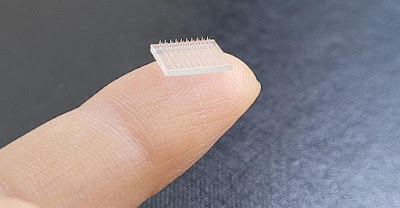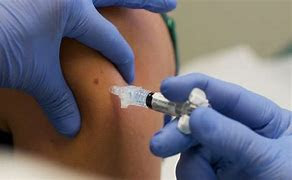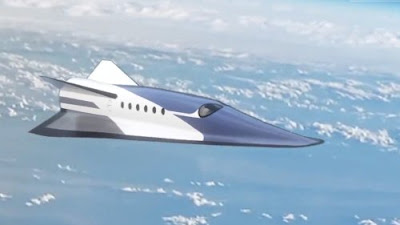COVID Vaccine Patch - Painless & Effective
3D Printed Alternative to Needles
Source: UNC-Chapel Hill
New Tech That's a Breakthru for Vaccines
Researchers at Stanford University and the University of North Carolina-Chapel Hill have developed a 3D printed plastic patch as an alternative to COVID-19 vaccinations by needles. The patch contains an array of microneedles that directly deliver the vaccine into the skin. The researchers say the microneedle patch is ten times more effective in producing an immune response than a needle and it is painless. Microneedle patches have been under development for decades. But the breakthrough on this revolutionary new patch came from 3D printing the microneedles on a polymer patch just long enough to reach the skin and deliver the vaccine.
Customization Through 3D Printing
The key to the new patch is 3D printing which enables customization of the microneedles for various vaccine patches. The researchers anticipate making different patches for different vaccinations for the flu, measles, COVID 19, hepatitis and more. The lead researcher Dr. Joseph DeSimone, who is a professor of translational medicine and chemical engineering at Stanford & a professor emeritus at UNC-Chapel Hill, hopes this will enable "even more rapid global development of vaccines at lower doses in a painless and anxiety-free manner." The 3D printing technology used was invented by Dr. DeSimone and is produced by a Silicon Valley company that he co-founded called Carbon.
Smaller Doses Yield Great Results
The research documents that the microneedle patch requires smaller doses of vaccine to generate an immune response equal to or better than that administered by needle. In fact, the T-cell and antigen specific antibody results from the patch were 50 times greater than from a vaccine shot.
Patches' Strategic Advantages
Unlike vaccines administered by needles, the microneedle patch vaccine can be shipped anyplace in the world without special handling. The patches can be self-administered. The microneedles dissolve into the skin. The easy use of the patch is expected to greatly increase vaccinations. Testing on the new patch using COVID vaccine continues. But, thanks to the customization of 3D printing, the new patch appears to be a significant breakthrough for the accelerated use of vaccines. To take a comprehensive look at many more innovations, go to https://read.amazon.com/kp/embed?asin=B08THWN8JD&preview=newtab&linkCode=kpe&ref_=cm_sw_r_kb_dp_8XF3TTRKR09D68CG9DE7
... ...






Comments
Post a Comment